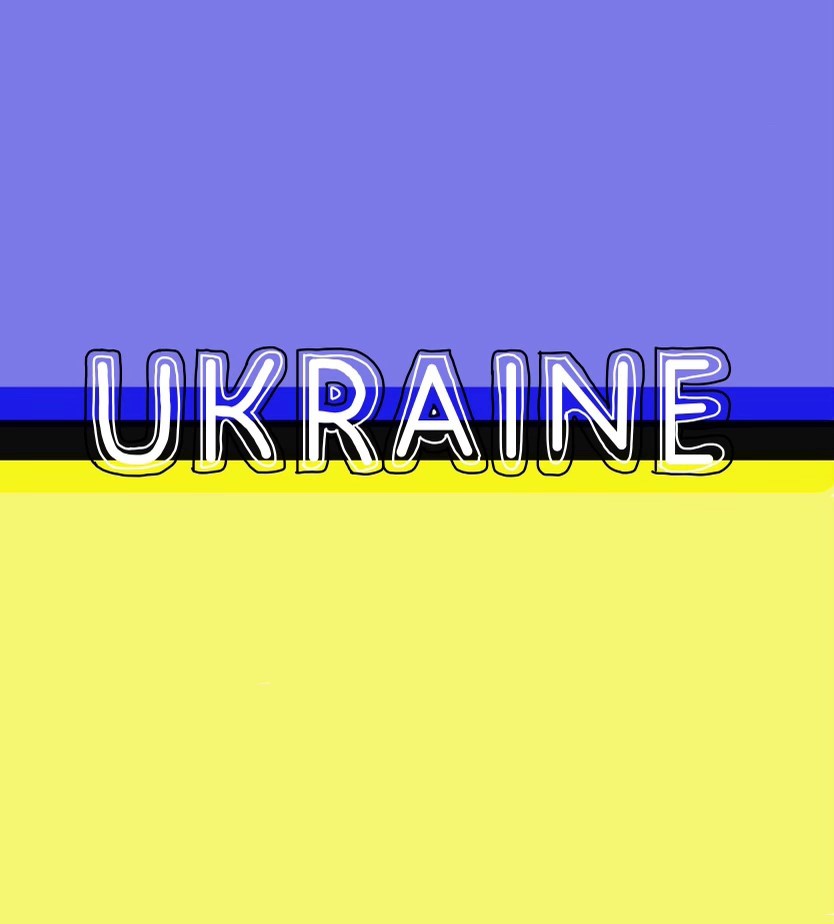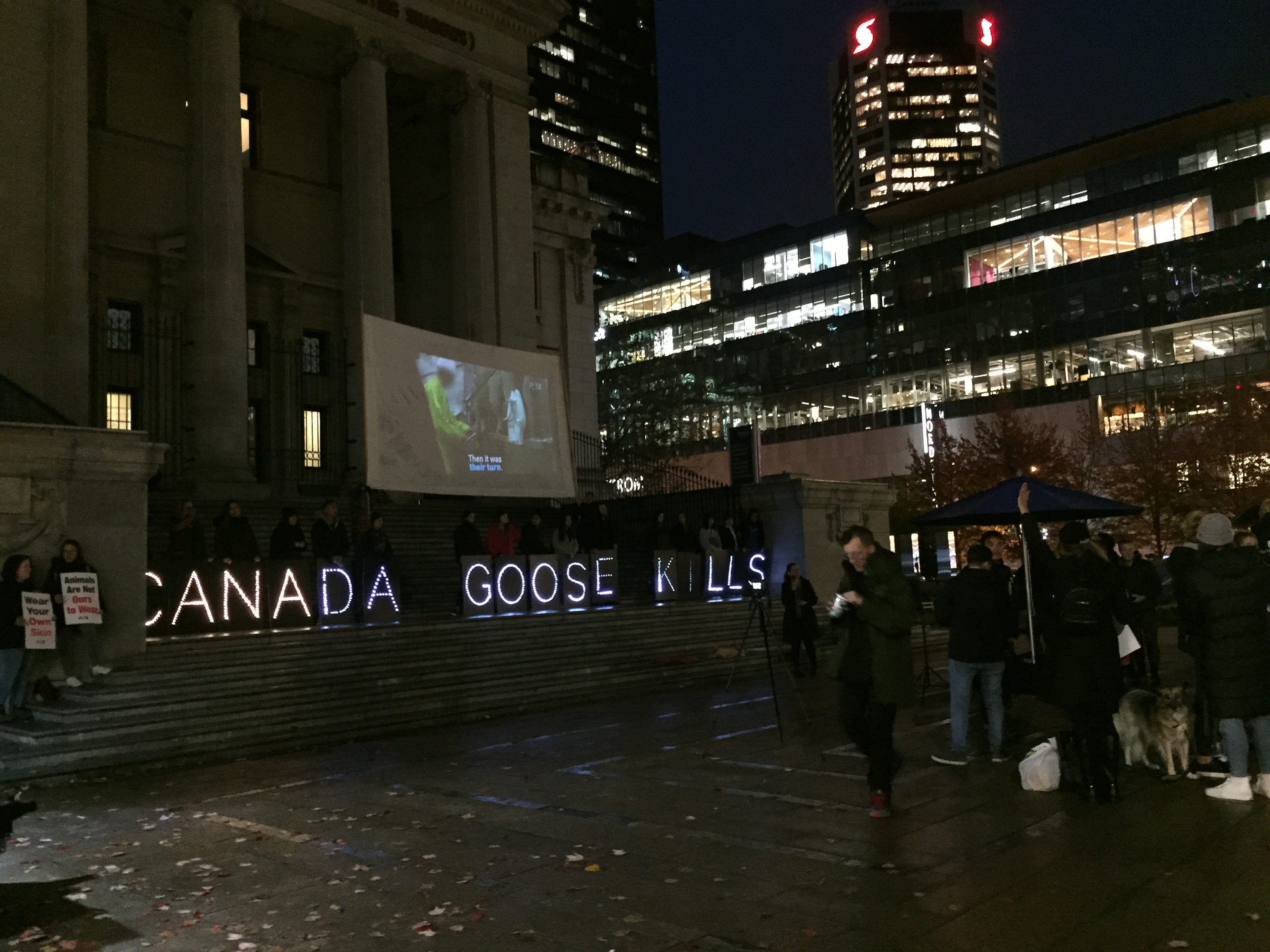
“I am guided by the assessments given by our negotiators. They say that the negotiations are not easy for obvious reasons. Nevertheless, there is some hope of reaching a compromise.”
Russian Foreign Minister Sergei Lavrov
Diplomatic talks are proceeding but all signs indicate caution
By Matthew Fraser, Editor in Chief
As the war in Ukraine enters its fourth week, the good news is in short supply and far between. However, there is an indication from both the Russian and Ukrainian diplomatic teams that progress, though limited has been made.
On March 16, the National Post reported that Russian Foreign Minister Sergei Lavrov indicated a path towards compromise. Lavrov is quoted as saying “I am guided by the assessments given by our negotiators. They say that the negotiations are not easy for obvious reasons. Nevertheless, there is some hope of reaching a compromise.” Though his statement is cautious, it is matched by similar reports from the Ukrainian camp.
As reported by The Times of Israel on March 16, President Zelensky stated that Russian demands were becoming “more realistic.” In an address to the people of Ukraine, Zelensky also stated that patience and continued effort would be needed to reach an agreement to end the war.
The Financial Times reports that amongst the demands made in Russia’s 15-point draft are guarantees that Ukraine will not join NATO nor host foreign military installations within Ukraine’s borders. In turn, Russia suggests a pact between itself, the US, the UK and Turkey to guarantee the safety and protection of Ukraine. However, this pact may mirror quite closely the Budapest Memorandum of 1994 which initially disarmed Ukraine’s nuclear arsenal in exchange for protection guarantees from Russia, the UK and the United States. Russia has itself now twice violated the Budapest Memorandum in its attacks on Ukrainian sovereignty.
Though the reports given signal hope for positive turns in the near future, the Financial Times quotes an anonymous Ukrainian source briefed on the talks who stated about Russia: “They lie about everything—Crimea, the build-up of troops on the border, and the ‘hysteria’ over the invasion,” indicating that positive expectations may be tempered in the Ukrainian diplomacy camp. Additionally, on February 14—10 days before the invasion—The New York Times reported a speech where President Zelensky stated NATO membership for Ukraine may be just a “dream.” This previous comment has raised questions about Putin’s willingness to withdraw.
In terms of North American diplomacy, Global News reports that US President Joe Biden and China’s President Xi Jinping held a video meeting wherein President Biden warned of consequences should China provide economic or military assistance to Russia. This follows reports that Russia had requested military assistance of some kind from China earlier this week.
As the death toll mounts in Ukraine, six foreign journalists have thus far been added to the toll. As reported by the New Strait Times, the list is now; “Shakirov Dilerbek Shukurovych, killed Feb 26 in the Kherson locality; Yevhenii Sakun in Kyiv on March 1; Viktor Dudar in Mykolaiv on March 4; Brent Renaud in Irpin on March 13; Pierre Zakrzewski in Horenka on March 14 and Oleksandra Kurshynova in Horenka on March 14.” Two more journalists had been abducted by Russian operatives on February 24.
In the United Kingdom, refugee-hosting programs have been hampered as sponsors struggle to gain clarity. The BBC reports 150,000 citizens have registered to host Ukrainian refugees; unfortunately, Ukrainians have been advised not to enter the UK without an “official permission letter.” However, some of the families who registered told Robina Qureshi of Rooms for Refugees that they wished to “only host Ukrainians,” explicitly denying to host those of other nationalities who may have been in Ukraine at the time of the invasion.
This occurs as word spreads that Poland is quickly approaching its capacity to absorb refugees. Al Jazeera reports that an organization with the initial goal to Ukrainian workers in Poland has transitioned to helping refugees affected by the war. “We had 70,000 zloty [$16,600] in our budget. We’re now out of cash,” explains Nidaros founder Krzysztof Chawrona “We only have two microwaves. We have dozens of beds and we have to change the sheets every day, but we only have one small washing machine. We cannot cope with all this financially. The city is doing a lot, but it’s nothing when we look at the actual needs.”
Domestically, CTV News reports that Canada will allow Ukrainians fleeing the war to stay for up to three years. The Minister of Immigration, Refugees and Citizenship Sean Fraser explained that a year had been added to the initial plan and that the application will likely take two weeks to be approved. The program will provide both family reunification processes for those who have family in Canada already or temporary stay for an unlimited number of Ukrainians entering the country.
This amongst efforts by other governments will help to address what the Council on Foreign Relations regards as the largest European “war-related mass migration since the Balkan Wars of the 1990s.”
